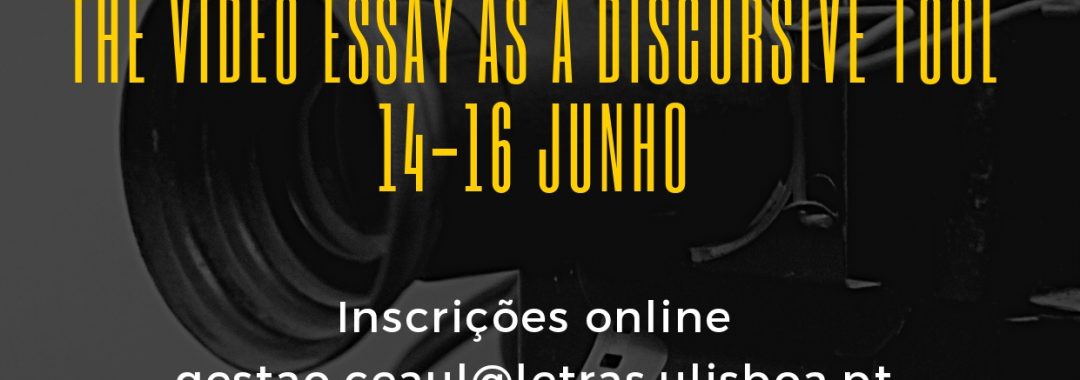Call for Papers
Messengers from the Stars: On Science Fiction and Fantasy
No. 7, 2024
Guest Editor: Ana Daniela Coelho
Co-editor: Diana Marques
Messengers from the Stars is an international, peer-reviewed, open-access journal, offering academic articles, reviews, and providing an outlet for a wide range of creative work inspired by science fiction and fantasy. The 2023 issue will be dedicated to the following theme:
Adapting Fantasy and Sci-Fi in the Age of Streaming
Adaptation, whether recognized as such or not, has long been a staple in Fantasy and Sci-Fi productions of different media. Given the undeniable importance of streaming and the increasing number of new productions, this tendency has only grown stronger in recent years, as the plethora of available material is joined by multiple-platform strategies, where both narrative and audience engagement are enhanced.
2022 has borne witness to expanding universes – HBO’s House of Dragon or Amazon Prime’s The Rings of Power –, as well as to new adaptations – Wheel of Time, Shadow and Bone. Beyond the more usual literature-to-film movement, adaptations from, to or including fewer central media or formats, such as comics – Sandman (Netflix, 2022-) – or videogames – The Witcher (Netflix, 2019-), The Last of Us (2023-) – also made their debut in the last few years.
In addition, transmedia storytelling and expansion of narratives beyond one main story arch are increasingly common, as new productions are brought to light – Arcane (Netflix, 2021-) –, and pioneering projects were remembered and celebrated, as in the case of the recent 10th anniversary of web series The Lizzie Bennet Diaries (2012).
Thus, for this issue we are looking for articles that delve deeper into the topics of streaming and adaptation of Fantasy and Sci-Fi works, in particular objects that exploit the new capacities brought about by new platforms, namely transmedia strategies.
Possible topics may include, but are not limited to:
- Adaptation of fantasy/sci-fi worlds into streaming/new platforms
- Transmedia storytelling
- Audience engagement and fandom
- Issues of fidelity/creative independence to/from source texts
- Expanding/reimagining fantasy/sci-fi worlds
- Relevance of streaming platforms in the adaptation of fantasy/sci-fi works
Submissions, between 4000 and 6000 words in English, must be sent to mfts.journal@gmail.com by December 31st, 2023. The authors will be notified by the end of January.
In addition, you can propose a book or film review. We welcome book and film reviews on current science fiction and fantasy research and PhD dissertations. Reviews should be between 500 to 1,000 words. Longer reviews, e.g. dealing with more than one book, should be agreed upon with the Editorial Board. The guideline for book/film reviews is available here.
All submissions must follow the journal’s guidelines available at: http://messengersfromthestars.letras.ulisboa.pt/journal/submission-guidelines



















